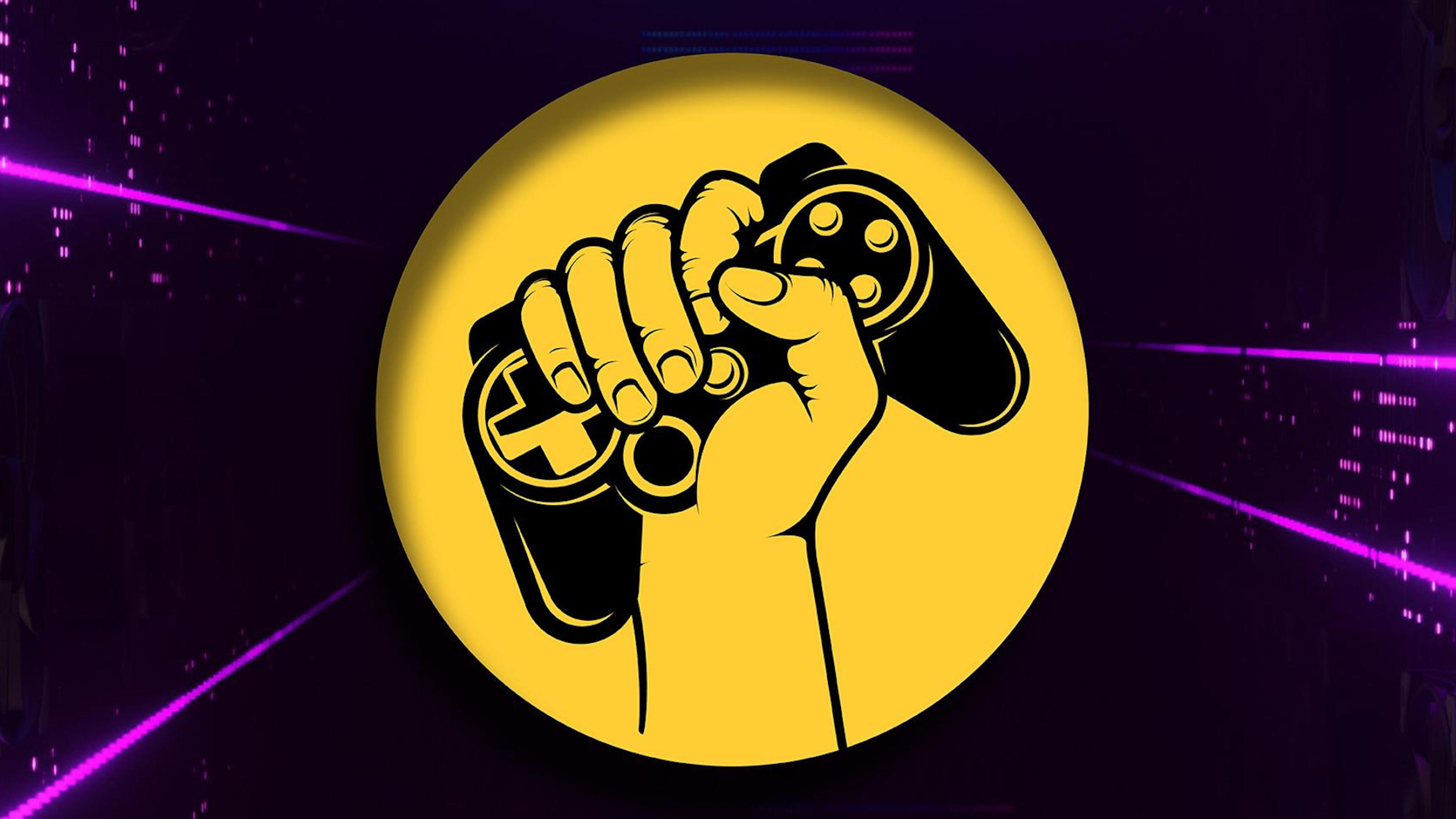'Our resolve is unwavering and should not be tested': Major union SAG-AFTRA breaks glass on big red strike button as negotiations continue on voice actor AI protections
An escalation by every metric.

In September of last year, voice acting members of the SAG-AFTRA union—which represents a broad swathe of over 160,000 performing professionals across the industry—voted overwhelmingly to approve a strike.
This came after an Interactive Media Agreement with SAG-AFTRA expired in 2022, after being extended for two years—one of the reasons why a new agreement has not yet been reached? A slightly impactful new piece of technology called generative AI.
Aside from the fact we've now got to worry about Google's new features recommending we drink our own wee, generative AI has been a nightmare for voice actors, and videogame companies haven't been doing enough to protect performers according to SAG-AFTRA. As an announcement statement reads:
"Our resolve is unwavering and should not be tested. Our membership voted more than 98% yes to authorise a strike of this contract should the employers not come to the table with a deal that includes our critical provisions—especially in A.I."
This union action mirrors a historic actors' strike—similarly enacted by SAG-AFTRA—which lasted 118 days until a deal was struck with a whole host of media companies in 2023, though that one was aimed more at streaming services and television companies.
The vote gives the union's national executive director and chief negotiator, Duncan Crabtree-Ireland, the power to call a strike as negotiations continue. Essentially, it looks like the glass has been broken on the big red button, and the proverbial finger is lingering over it with an eyebrow raised.
Crabtree-Ireland finished the statement with the following: "We are steadfast in our commitment to our membership who work this contract and whose extraordinary performances are the heart and soul of the world’s most popular video games. Time is running out for the companies to make a deal."
The biggest gaming news, reviews and hardware deals
Keep up to date with the most important stories and the best deals, as picked by the PC Gamer team.
Ultimately, there's a quite reasonable fear on SAG-AFTRA and its members' side of the picket line that videogame companies might try to squeeze in permissions to use a voice actor's likeness in perpetuity, once it's captured by AI. This would not only lessen the amount of work going around, it's such on-the-nose penny pinching that if you wrote 'companies will buy your voice forever' in a sci-fi novel eight years ago, I would've called it heavy-handed satire inspired by The Little Mermaid.
While I still think we're a far way from generative AI replacing any actual performances, that doesn't mean the kind of corporate geniuses who cooked up NEO NPCs to create a bajillion immersions won't try to squeeze the tech for all it's worth, especially if it means they could hypothetically save some money—but hey, that's just my cynicism speaking.

Harvey's history with games started when he first begged his parents for a World of Warcraft subscription aged 12, though he's since been cursed with Final Fantasy 14-brain and a huge crush on G'raha Tia. He made his start as a freelancer, writing for websites like Techradar, The Escapist, Dicebreaker, The Gamer, Into the Spine—and of course, PC Gamer. He'll sink his teeth into anything that looks interesting, though he has a soft spot for RPGs, soulslikes, roguelikes, deckbuilders, MMOs, and weird indie titles. He also plays a shelf load of TTRPGs in his offline time. Don't ask him what his favourite system is, he has too many.

